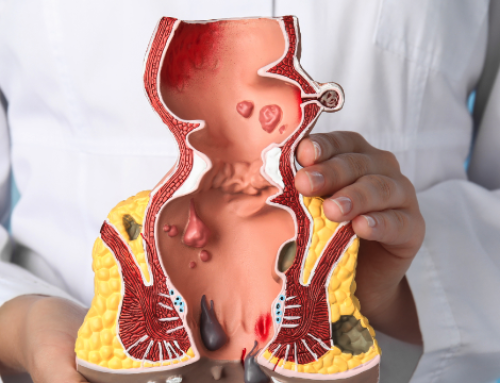Now that the holidays and Super Bowl viewing parties are over, a lot of us are trying to get back on track with our diets and exercise routine. This is also a common time of year when many of my patients experience constipation.
People often think of constipation as having bowel movements that are hard to pass and stool is often hard and dry. Constipation is actually defined as a condition in which a person has fewer than 3 bowel movements in a week and yes, most of the time stools are hard dry and small, making them difficult and painful to pass.
Constipation can be caused by irritable bowel syndrome, diverticulosis, and medications such as narcotic pain meds, antidepressants and iron pills. It can also be caused by overuse of laxatives. Constipation is most commonly caused by our diet – excessive dairy products, not having enough water or fiber in the diet. It can also be caused by not being active enough, resisting the urge to poop, stress, eating disorders and pregnancy as well as an under active thyroid disorder.
If you happen to find that you are constipated, some simple steps that have been known to work include:
- Increasing your fluid intake by 2 – 4 extra glasses of water a day, unless you are under strict orders from your doctor to limit fluids for another reason
- Adding more fiber to your diet with fruits and vegetables
- Try eating high fiber bran cereals to my patients such as All Bran or Fiber One
- Drinking warm fluids such as warm water or teas
- Eating prunes
- Regular exercise
- Don’t ignore the urge to have a BM
Make sure you consult with your doctor before embarking on any new exercise routine or diet.
Most patients will find their episodes of constipation are short lived. However, some patients may find their symptoms won’t resolve or go away.
When should you be concerned about constipation?
- If this is a new finding and lifestyle and dietary changes have not helped
- There is blood in your stool
- If you have unintentional weight loss
- Pain with bowel movements
- Constipation has lasted longer than 2 weeks
As always – if you feel you may have any of these symptoms or concerns or if you have tried to self-treat without any improvement – please see your doctor for a full evaluation and check-up!




